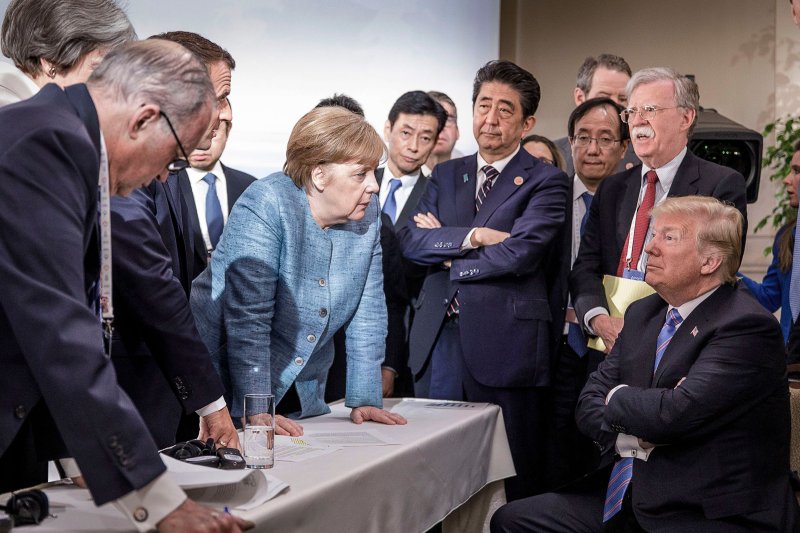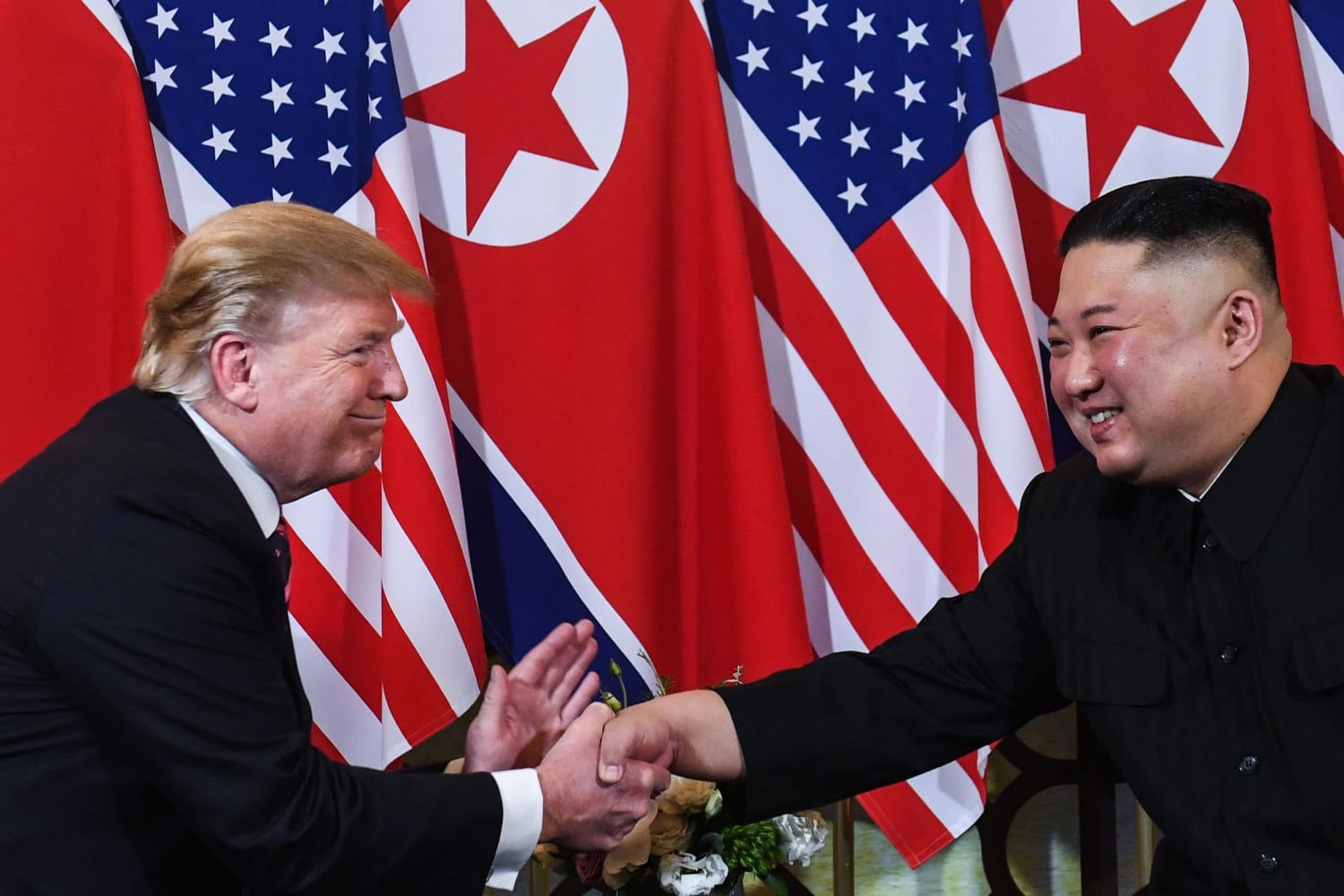Rather than nurture and feed off of strong relationships with US allies that were built over generations of diplomacy, cooperative trade agreements, and joint military exercises in combat as far back as the two world wars, Trump has approached international relations like everything else — a know-it-all. From day one, he made it clear that things would be different, that these countries would no longer take advantage of what he considered one-sided USA kindness and generosity. As a result, relations with almost every US ally has been under immense strain. Trump has demanded financial compensation for NATO involvement, snubbed his nose at the Paris climate accords, imposed strict tariffs on European goods, antagonized country leaders, and failed to support them both publicly and diplomatically from Russian aggression.

Conversely, Trump has bent over backwards to cater to Vladimir Putin at every turn, preferring to defend his denials of election interference despite incontrovertible evidence provided by his Central Intelligence officials. Trump also defended the crown prince of Saudi Arabia, Mohammed bin Salman, who made a ludicrous claim of not being aware of the ambush, suffocation, and dismemberment of Saudi dissident and Washington Post journalist Jamal Khashoggi at the Saudi consulate in Istanbul by a 15-member squad of Saudi assassins who subsequently covered-up the killing. Even more sinister, Trump praised North Korean’s dictator Kim Jong Un, suggesting the two had fallen in love, all in an effort to jumpstart diplomatic relations in an unconventional manner (because once again, Trump knew better than everyone else). Trump gave the dictator the international legitimacy he craved with face to face meetings and by halting major joint military exercises with South Korea.

Unfortunately, Trump’s arrogance got the best of him, and his lover-boy ultimately rejected his advances while offering nothing for the three highly publicized meetings together. To date, North Korea has tested and developed more nuclear weapons, Kim Jong Un has become less isolated, and international resolve against him has weakened. As a result, it’s increasingly likely that the USA will have to tacitly accept North Korea as a nuclear power in exchange for limits and verification of their stockpile — a less than ideal outcome that does very little to eliminate risk.
